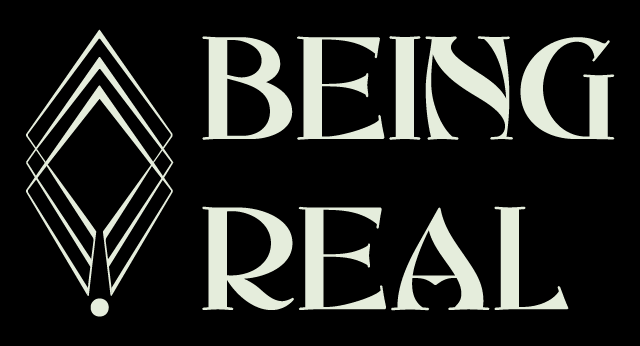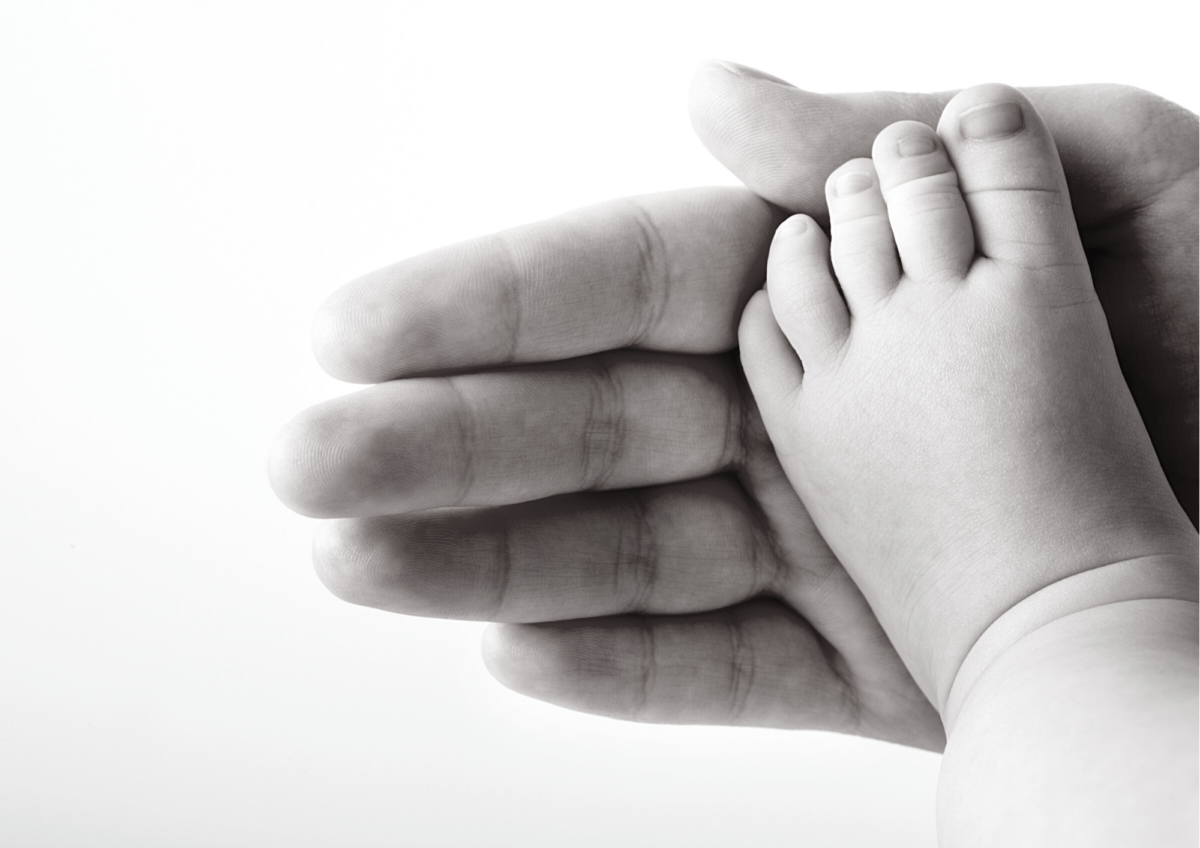The cynic in us says: I am not letting that in, I am not letting anyone in. But why? Because our sense of self is fragile. I often think of someone tied to the mast of a small ship trying to weather the wind, waves, and salty spray. When the world feels like a storm at sea, how do we find our ground?
We are born into the world small and vulnerable. We have needs and rely on other more powerful people to fulfil those needs. We can alternate between feeling the omnipotence of being seen, adored, and fulfilled and the powerlessness our needs going unmet or even experiencing unkindness and abuse.
During the course of this, it is the imperative of our development that we “pull ourselves together”. We cobble together a sense of self based on our relationships with caregivers, our inner feelings and sensations, and the overall environment in which we are raised. There is so much expected of little human beings, so much to learn about fitting in and surviving family, schools and the world at large.
Look at a small child: they are dependent, sensitive, vulnerable, and absorbent as sponges. In health they are also vibrant, creative, enthusiastic, and resilient. All throughout the process of their little bodies growing and maturing is an implicit and explicit directive: “Be somebody”.
Distilling the infinitely complex course of self (ego) development down to a constant drum beat of “Be somebody. Be somebody” gives us a sense of how each “win” and each “loss” becomes very personal. In our culture in particular we have graphic examples of those who have failed (by cultural standards) to “be somebody”. They are sleeping on beds of cardboard on the sidewalks.
Some people have pretty good constitutional/environmental foundations for their sense of self while others are hanging on for dear life. Regardless of the seeming stability of our self sense, we are all on shaky ground. Change and loss, aging and death are inescapable. All of the “somebody’s” have at least an inkling of this truth: our selves are mostly imaginary, the ship of self is full of holes.
Again, some of us do a better job than others of filling those holes but it is a matter of degree. The cynic is an attempt to keep the ship afloat. Hide the holes by generating a force field of negativity in hopes that anything that might cause more damage or even sink our ship cannot get through.
It is really important to see the innocence of this operation. Of course we want to keep the ship afloat, it has been the imperative as long as we can remember. But what if it was a false imperative all along? What if we could allow this ship of self to go down and everything would be alright? What if sinking and even dissolving was exactly what we needed? What if it is under the turbulent waves, well beneath the wind and the spray that we find our nourishment, our rest, and most surprisingly and importantly our ground?
To be clear, this is not to suggest that one dip down into the ocean of our being is going to enlighten us forever, or resolve all our issues. It takes a lot of trust and almost certainly the support of skilled teachers and therapists to sink into that sea of nourishment. We will also need consistent practices of meditation, movement and more. What is truly amazing though is that our ship, our sense of self, can go under the waves, can dissolve and will emerge again albeit a little changed, with a little bit more of what is real and lasting. To be explicit, our self slowly becomes transformed into a soul and a soul is beyond life and death, beyond wins and losses.
So to the cynic: you have worked so hard, you have done wonderfully at keeping it together and keeping afloat, but this ship is not what you have imagined it to be. It can fly! It can soar! It can go submarine! And to you beautiful human being: The sky is your mind, the ocean is your heart, the earth is your belly. Let that ocean glisten in your eyes.

